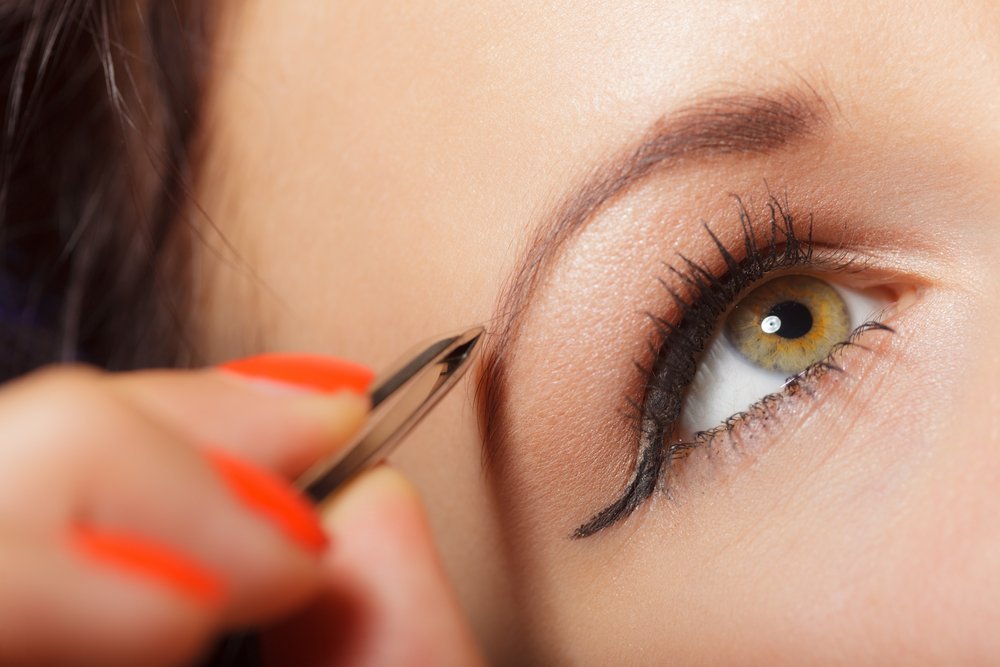
The development of darker, thicker facial hair in women, especially on the chin and upper lip, is typically the result of hormonal changes and is benign.
OK. Ladies, has this ever happened to you? You look in the mirror and spot a dark, thick hair on your chin or upper lip. Aghast, you immediately pluck it. It grows back. You pluck it again. It grows back again, only this time you swear it’s darker and thicker. What’s going on?
You’re not alone. The bad news is that it’s all too common among most women. The good news is that it’s almost always benign.
First, it’s a myth that plucking hairs causes them to grow in darker or thicker. These hairs are coarser and thicker because they are secondary sexual characteristic hairs; that is, they are the result of hormonal changes. They’re not unlike male facial hair, which is also coarse. These hairs appear thicker and darker than fine vellus hairs (peach fuzz) because they’re a different type of hair, not because of tweezing. Most women develop these hairs on the chin, jaw line, and upper lip. Though these hairs can appear at any age, they’re more prominent after menopause. They can also be the result of hormonal changes due to issues ranging from birth control pills and pregnancy to irregular periods and hormonal imbalances.
Tweezing is not likely to influence or cause diameter changes to hair texture. Hormonal variables and genetic predisposition are much more likely to be at play.
What can you do to get rid of them? For a fast and inexpensive option, tweezing is fine, as are depilatory creams. But the hairs will grow back. For permanent hair removal, try either electrolysis or laser treatment (at a doctor’s office). There are also some prescription medications that stop hair from growing. If that’s something you’re interested in, then speak with your dermatologist.
In the meantime, be kind to yourself. Remember, that it’s hormones at work, not you. And that it’s a fixable problem.




